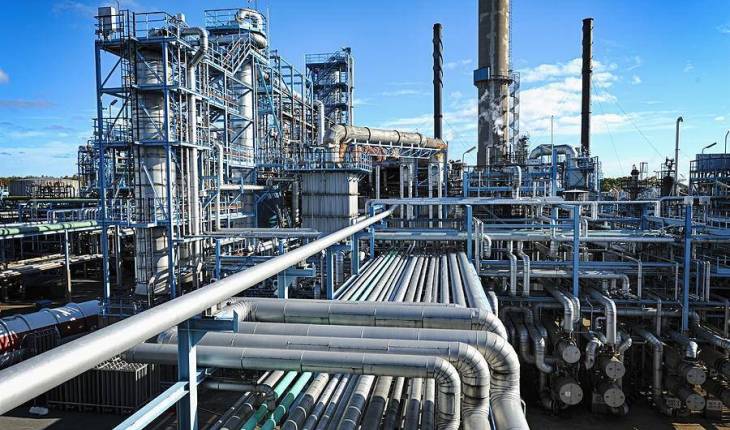- Refineries Performed Below 15% in 2016
The consolidated operational performance of Nigeria’s three refineries based on their capacity utilisation was below 15 per cent in 2016, the Nigerian National Petroleum Corporation said.
Nigeria’s refineries are the Warri Refining and Petrochemical Company located in Delta State, Port Harcourt Refining Company in Rivers State, and the Kaduna Refining and Petrochemical Company in Kaduna State.
The facilities got 445,000 barrels of crude oil on a daily basis for the 12-month period, but refined less than 15 per cent of this volume on average.
Specifically, the NNPC stated that the combined capacity utilisation of the plants from January to December last year was 13.75 per cent.
Their worst performance was recorded in February, after they recorded a capacity utilisation of 1.72 per cent for the month, the national oil firm said.
It stated that the refineries’ best operational delivery with respect to crude refining was in October as they posted a capacity utilisation of 23.53 per cent.
On individual performance, an analysis of the NNPC’s latest report showed that the WRPC was dormant for five months last year as it did not refine or process a drop of crude oil in January, February, July, November and December.
Similarly, the KRPC was dormant for six months in 2016; it failed to process any crude oil in February, March, June, July, November and December.
Only the PHRC was able to process crude oil for 11 months in 2016. It did not process crude oil in September last year.
The NNPC stated that the total crude processed by the three local refineries for December 2016 was 141,998 metric tonnes (1,041,129 barrels).
This, it said, translated to a combined yield efficiency of 82.44 per cent compared to crude processed in November 2016 of 232,768MT (1,706,655 barrels), which translated to a combined yield efficiency of 87.08 per cent.
It said, “For the month of December 2016, the three refineries produced 121,555MT of finished petroleum products out of 141,998MT of crude processed at a combined capacity utilisation of 7.55 per cent compared to 12.78 per cent combined capacity utilisation achieved in the month of November 2016.
“The adverse performance was due to crude pipeline vandalism in the Niger Delta region coupled with ongoing refineries revamp. However, the three refineries continue to operate at minimal capacity. Only the PHRC processed crude during the month of December 2016.”
Commenting on the development, the Director, Emerald Energy Institute, University of Port Harcourt, Prof. Wumi Iledare, told our correspondent that the oil and gas sector needed to be restructured in order to enhance not just the output of refineries but that of the industry as a whole.
Iledare noted that the governance structure of the sector was weak and that this had permeated virtually all the facets of the oil and gas industry, adding that a functional regulatory framework should be put in place.
He urged the Federal Government to seek the inputs of professionals, as well as train operators manning key positions in the industry in order to get the best from them and boost the performance of the sector.

 Naira4 weeks ago
Naira4 weeks ago
 Naira4 weeks ago
Naira4 weeks ago


 Naira4 weeks ago
Naira4 weeks ago




 Naira3 weeks ago
Naira3 weeks ago
 Commodities4 weeks ago
Commodities4 weeks ago


 News4 weeks ago
News4 weeks ago


 Banking Sector4 weeks ago
Banking Sector4 weeks ago
 Travel4 weeks ago
Travel4 weeks ago
























